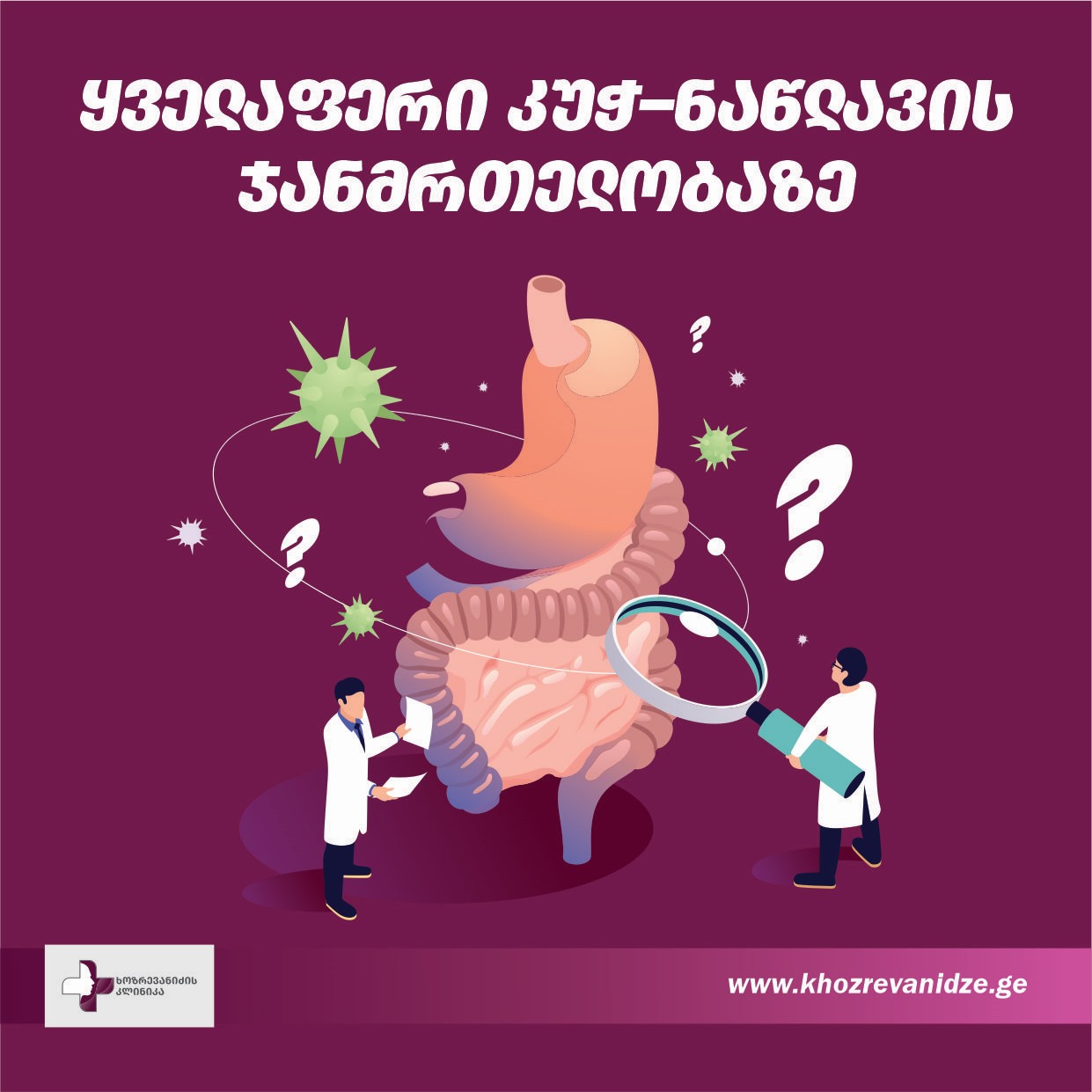Gastroenterology – Everything About Digestive Health
2025-10-08
Why is the digestive system called our “second brain”?
Many specialists refer to the digestive system as the “second brain.” That’s because:
• It contains millions of nerve cells.
• It affects our mood (over 80% of serotonin is produced in the intestines).
• A well-functioning system means more energy, strong immunity, and psychological stability.
Which organs make up the digestive system?
• Esophagus – the passage through which food reaches the stomach.
• Stomach – the main “factory” where food is broken down.
• Small intestine – the main site of absorption; essential vitamins and minerals enter the bloodstream here.
• Large intestine – responsible for water absorption and waste elimination.
• Liver, gallbladder, and pancreas – these three organs enrich the digestion process with “secret ingredients” and ensure the body functions properly.
Most Common Digestive Problems
Gastrointestinal diseases are among the most common in today’s world. The main causes are stress, poor nutrition, and an unhealthy lifestyle.
• Gastroesophageal reflux (GERD) – when stomach acid flows back into the esophagus, causing heartburn.
• Gastritis and stomach ulcer – pain in the upper abdomen that often eases after eating.
• Gallstones – cause severe pain in the right upper abdomen.
• Pancreatitis – inflammation of the pancreas, often linked to alcohol or excessive fatty foods.
• Inflammatory bowel diseases (colitis, cramps, irritable bowel syndrome) – cause pain, bloating, and stool irregularities.
When to suspect a serious problem
Consult a gastroenterologist if you experience:
• Frequent heartburn disrupting your daily life;
• Blood or black color in the stool;
• Persistent abdominal pain or heaviness;
• Severe bloating, loss of appetite, or sudden weight loss.
These may indicate conditions that, without timely treatment, could pose serious health risks.
Modern Diagnostic Methods
Gastroenterologists use advanced diagnostic tools:
• Ultrasound (Echo, Sonography)
• Gastroscopy and Colonoscopy
• Laboratory tests – blood analysis, Helicobacter breath test
• CT and MRI – for deeper or complex cases
How to Maintain Digestive Health
Nutrition:
• Eat regularly in small portions.
• Include fiber (vegetables, fruits, grains).
• Drink at least 1.5–2 liters of water daily.
Lifestyle:
• Reduce alcohol and fatty foods.
• Avoid eating late at night.
• Stay physically active – movement supports normal bowel function.
• Manage stress – nervous tension is a frequent trigger for intestinal issues.
Prevention:
A preventive visit to a gastroenterologist is recommended at least once a year, even if you have no complaints.
Gastroenterology is not only about treating diseases – it’s about prevention, a healthy lifestyle, and thorough diagnostics.
Taking care of your digestive health means more energy, vitality, and a better quality of life.